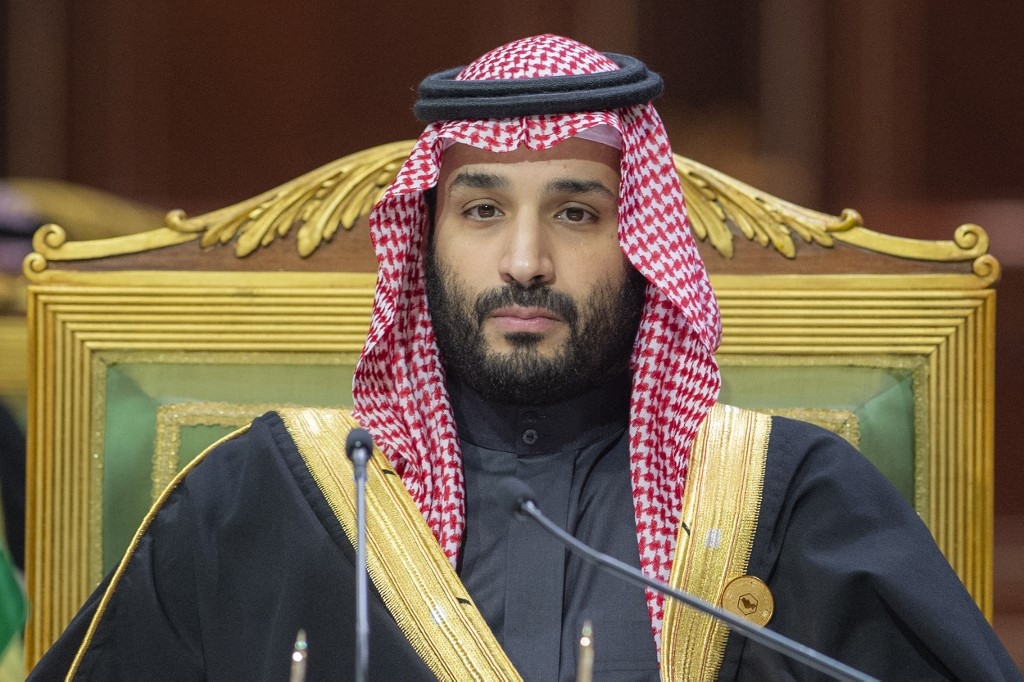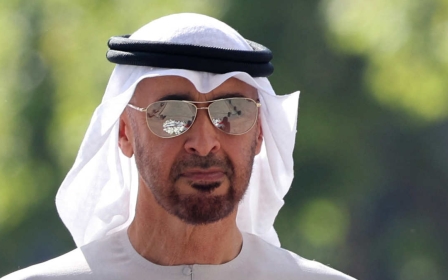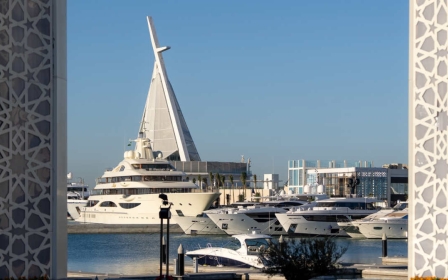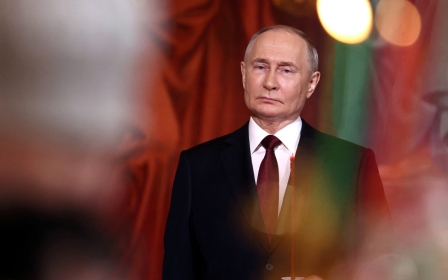Saudi Arabia's oil exports plunge as it surrenders market share to Russia, UAE

Saudi Arabia’s crude oil exports have plummeted to years-long lows, potentially denting the upside the kingdom will see from a recent rally in energy prices.
According to data from Bloomberg, Saudi Arabia exported about 5.6 million barrels a day in June, a level that brings it to just 250,000 barrels more than it was exporting during the start of the Covid-19 pandemic when global travel and oil demand crashed.
Saudi Arabia has been the main force behind a push within an alliance of the Organisation of the Petroleum Exporting Countries (Opec) and Russia, called Opec+, to cut oil production to support prices.
The kingdom has backed up its lobbying with actions by taking the lead in slashing production, analysts previously told Middle East Eye. Russia and the UAE have benefited from Saudi Arabia's heavy lifting.
In a May Opec+ meeting, the UAE was granted a special exception to boost its production to an additional 300,000 barrels a day in 2025.
New MEE newsletter: Jerusalem Dispatch
Sign up to get the latest insights and analysis on Israel-Palestine, alongside Turkey Unpacked and other MEE newsletters
Meanwhile, cut off from the EU because of western sanctions over its war on Ukraine, Russia has muscled into Saudi Arabia’s traditional oil markets in Asia.
In April, China bought 48 percent of Russia’s crude exports, followed by India at 35 percent. Iran has also massively increased oil shipments to Asia in defiance of US sanctions.
Saudi Arabia is one of the world’s largest oil producers and has the industrial capacity to ramp production quickly, a move that can jolt markets, as it did when Saudi Arabia and Russia entered a price war in March 2022.
'The Russians have a really good thing going in Opec+ with the Saudis'
- Patrick Theros, Former US ambassador
Riyadh can take some solace in the fact that Brent crude prices rallied more than 10 percent in June and were trading at $87.84 a barrel on Friday. However, the IMF estimates that Saudi Arabia needs oil at $96.20 to balance its 2024 budget.
The price of oil has serious geopolitical and economic implications for the Saudis.
Saudi Arabia's Crown Prince Mohammed bin Salman is overseeing economic and social reforms, dubbed Vision 2030, which are designed to diversify the kingdom’s economy and open up its conservative society to western tourism and business. But he needs the oil revenue to make the investments.
With foreign investment lagging, the kingdom has had to scale back Neom, a $1.5 trillion megacity project which organisers claim will eventually be 33 times the size of New York City and include a 170km straight-line city.
Instead of 1.5 million people living in the city by 2030, Saudi officials now anticipate fewer than 300,000 residents. Meanwhile, only 2.4km of the 170km city is set to be completed by 2030.
Middle East Eye delivers independent and unrivalled coverage and analysis of the Middle East, North Africa and beyond. To learn more about republishing this content and the associated fees, please fill out this form. More about MEE can be found here.




